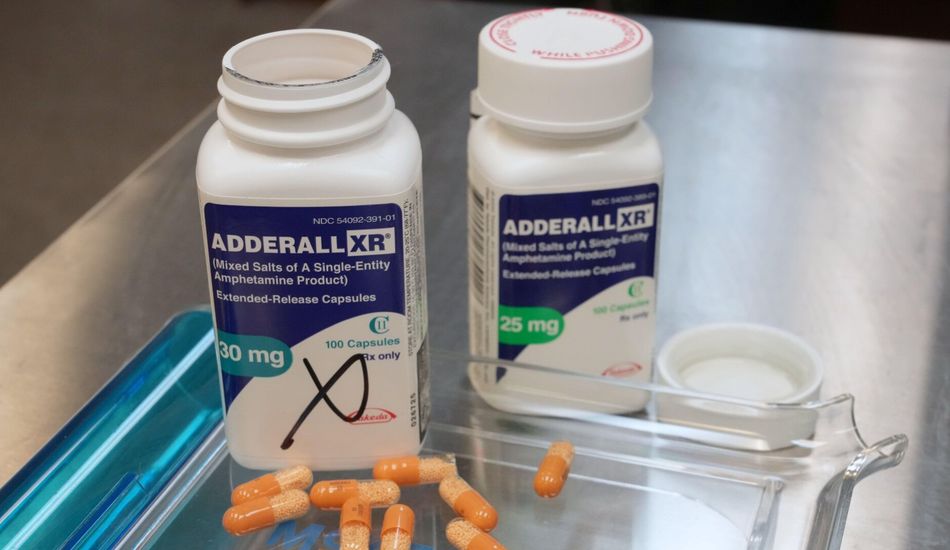
Telehealth Company Executives Convicted in Adderall Distribution Scheme
I've been following the rise of telehealth with great interest, seeing its potential to revolutionize healthcare access. However, a recent case has cast a dark shadow on the industry. Two executives from Done Global, a telehealth company, were just convicted for their roles in a massive illegal distribution of Adderall and other stimulants. It's a stark reminder that innovation without ethical boundaries can lead to serious consequences.
Ruthia He, the founder and CEO, along with David Brody, the clinical president, are facing serious charges. We're talking about conspiracy to distribute controlled substances, healthcare fraud, and even obstruction of justice. The Justice Department alleges they raked in over $40 million through deceptive social media ads, essentially pushing ADHD meds during the pandemic. What's truly shocking is that He, with no medical background, was allegedly approving clinical practices.
Imagine setting up a system where nurse practitioners are incentivized to churn out prescriptions, and then automating the refill process without proper follow-ups. That's what the DOJ claims happened here. And it gets worse: they allegedly defrauded insurers to get those Adderall prescriptions covered.
The implications are far-reaching. This case isn't just about a couple of bad apples; it's about the potential for abuse within the telehealth system. It highlights the need for stringent regulations and oversight to protect patients and prevent similar schemes from happening again. As technology continues to reshape healthcare, it's crucial to ensure that ethical considerations remain at the forefront.
A Wake-Up Call for Digital Medicine
What I find most disturbing is the alleged disregard for patient well-being. According to reports, Done continued prescribing Adderall even when family members raised concerns about their loved ones experiencing serious side effects. This isn't just about breaking the law; it's about betraying the trust that patients place in healthcare providers.
The words of Christian J. Schrank from the HHS Office of Inspector General hit hard: "This case represents one of the most egregious abuses of telehealth we’ve seen." It's a strong indictment, and it underscores the urgency of addressing the vulnerabilities within this rapidly evolving field.
While Done denies any wrongdoing and insists they're committed to providing mental healthcare access, the jury's verdict speaks volumes. With potential prison sentences of up to 20 years looming, this case serves as a harsh lesson for anyone tempted to prioritize profit over patient safety.
Source: Gizmodo